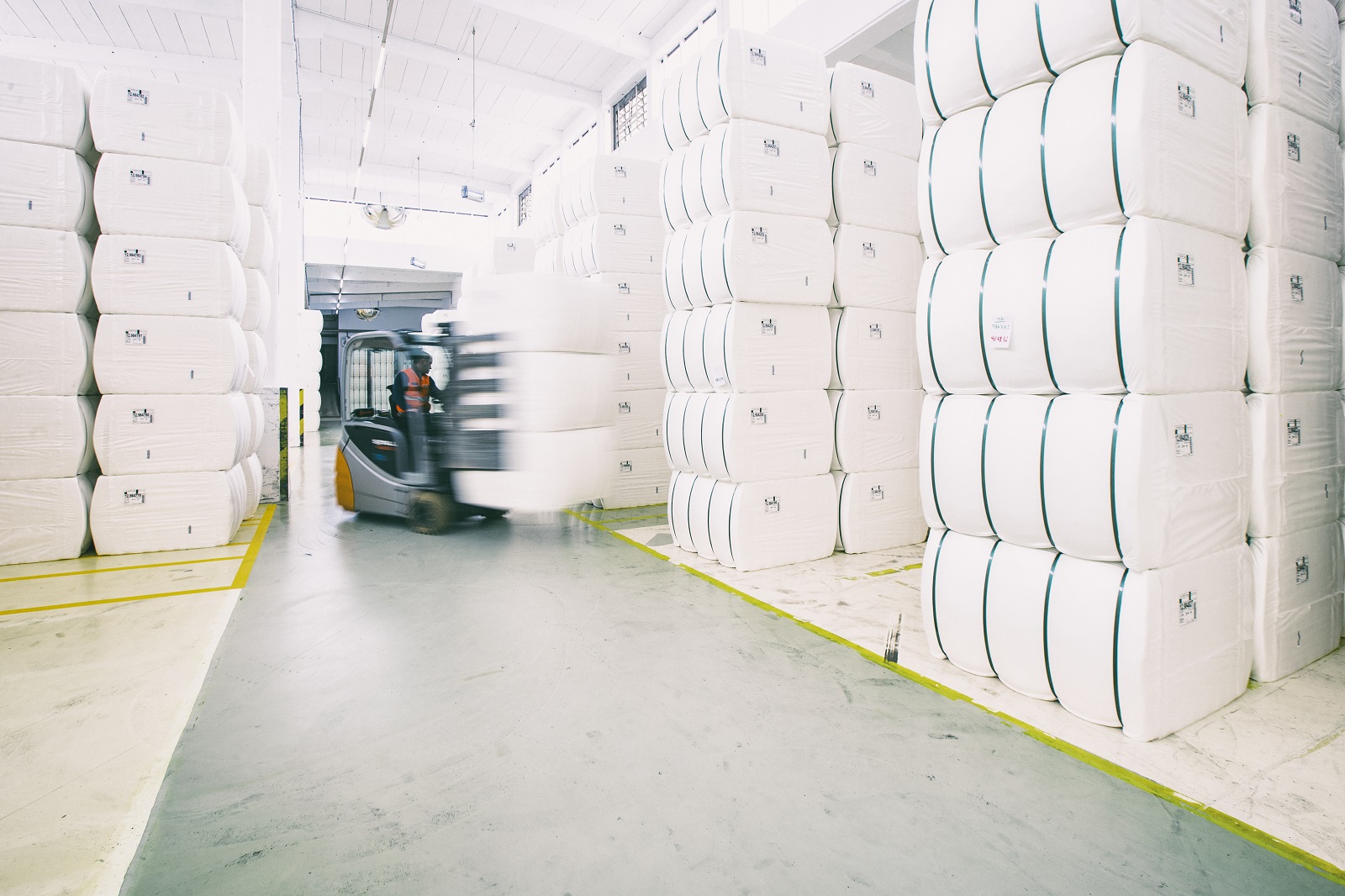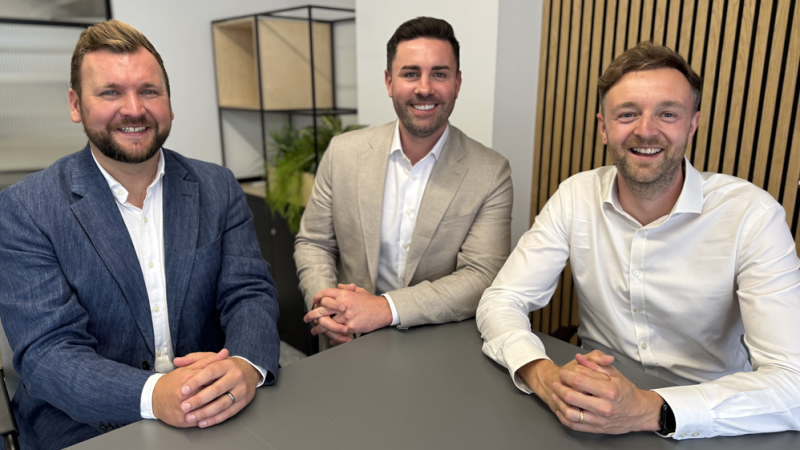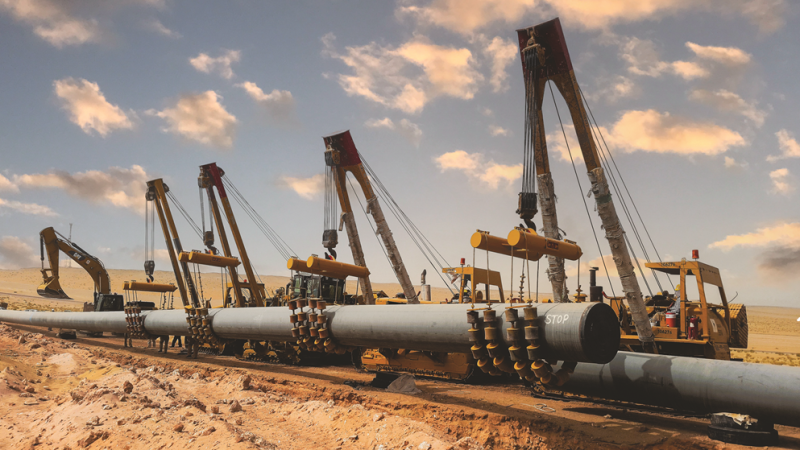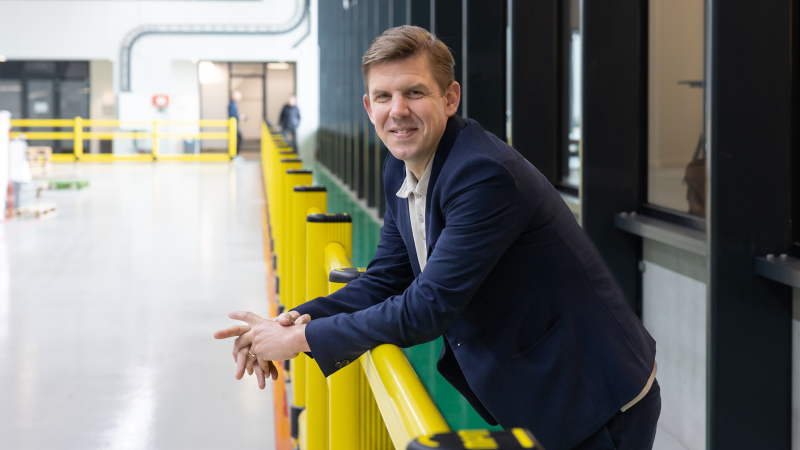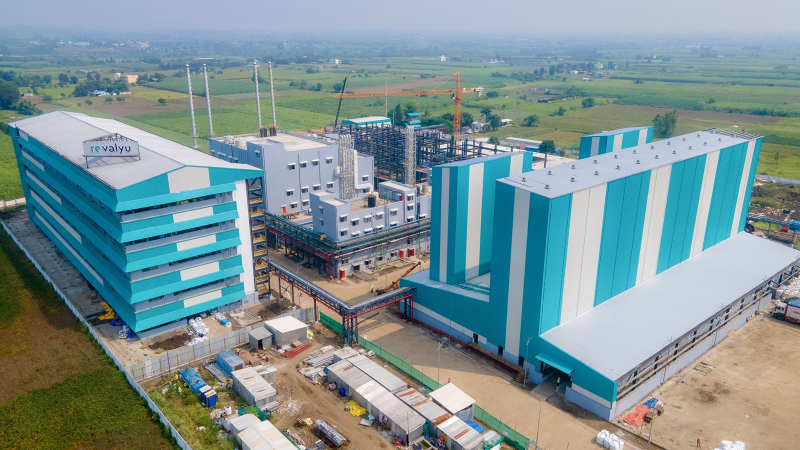With an increasing focus on the environment and reduced carbon footprint, Lenzing anticipates strong growth in demand for environmentally responsible fibres and, building on its strong legacy, is set to meet the requirements of tomorrow.
Established 80 years ago, Lenzing is an international group with its headquarters in Lenzing, Austria, and production sites in all major markets. The company produces wood-based fibres such as modal fibres, lyocell and viscose fibres and filament yarn, which are used in the textile industry – in clothing, home textiles and technical textiles – as well as in the nonwovens industry.
Today, the company is by far the world’s most sought-after partner when it comes to high-quality speciality fibres, which include TENCEL™ lyocell fibres, TENCEL™ modal fibres and VEOCEL™ fibres. By 2024, more than 75% of the Group’s revenue is expected to come from speciality fibres.
The group’s sustainable production of cellulosic fibres, derived from renewable sources and processed with unique resource-conserving technologies, is the strategic focus of Lenzing’s core business and remains the centrepiece of its recently defined new strategy.
On track with Grimsby project
Two years ago, we spoke to Phil Munson, Director of Operations of Lenzing’s UK business based in Grimsby, which was acquired in 2004, when the Austrian manufacturer decided to further increase the lyocell production – the UK company’s core business.
The British company was then just starting a two-digit-million project to construct a new, state-of-the-art wastewater treatment plant at its site, due to be commissioned in 2024 – the single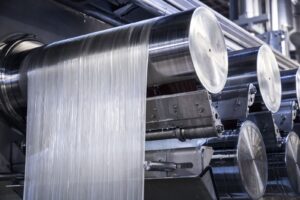 biggest investment in the British plant since it was built, reflecting the Group’s commitment to increasing the drive towards its sustainability targets.
biggest investment in the British plant since it was built, reflecting the Group’s commitment to increasing the drive towards its sustainability targets.
How has the project progressed and what are Lenzing’s current priorities and challenges? Erwin Kuebel, the new VP of Operations who assumed his role in Lenzing Grimsby over a year ago, says:
“The direction Lenzing chose a few years ago regarding the importance of sustainability in the business model has been further reinforced. At Grimsby, we are absolutely on track with the new wastewater treatment plant in terms of both time and cost. By the end of next year, the plant should be fully up and running.”
Global investment to meet net zero.
Speaking from the Group’s perspective, he pointed out that over the last two years, Lenzing has invested to boost its global presence, as part of the largest investment programme in its corporate history, worth €1.5 billion. In Brazil, the company opened one of the world’s largest wood pulp plant with a view to growing the company’s speciality fibre business and strengthening its market position.
On the other side of the globe, the Group successfully completed its major lyocell expansion project in Thailand. The new plant, the largest of its kind in the world with a capacity of 100,000 tonnes per year, started production on schedule last year and will help to better meet the increasing customer demand for Tencel-branded lyocell fibres.
Both plants mark key milestones on Lenzing’s path to achieving net-zero emissions by 2050 – the Thailand site is wholly powered by sustainable energy derived from biomass and as part of the project for the new pulp mill in Brazil, which feeds surplus bioenergy into the Brazilian grid, Lenzing has invested in sustainable plantations that provide the requisite raw materials, thus progressing towards its climate targets by minimizing the environmental risks involved in procuring raw materials.
Sustainable fibre
Commenting on general market developments, Mr Kuebel pointed out that as the world moves towards mitigating climate change, some positive trends may be seen, such as increased consumer awareness pushing major garment industry players to change their practices.
This is a trend that Lenzing welcomes. “We are intensively pursuing our journey of delivering solutions to the issue of making the garment world more sustainable. That continues to be at the core of our business,” he said, noting that last year, Lenzing was recognized for the second year in a row as a global sustainable leader with a triple “A” rating by global environmental non-profit CDP  for its continued environmental efforts.
for its continued environmental efforts.
“Recycling fibres is not as straightforward as recycling paper for example, but we are striving to come up with viable solutions,” he says. Examples include Lenzing’s REFIBRA™ and Eco Cycle technologies, offering solutions for transforming the textile and nonwovens industries towards the circular economy, or the “Fibre Recycling Initiative” by TENCEL™ initiated by Lenzing and its partners.
“There are still challenges, of course, and some are outside our control, such as the geopolitical situation and the general uncertainty in the market overall. While we cannot influence those, we need to deal with them and Lenzing has done well in this respect.”
A successful team
Coming back to Grimsby, Mr Kuebel reflected that progress is being made as planned. “The water treatment plant is our big investment at this moment, but we also continue to invest in energy-saving measures and in refining our manufacturing methods to produce better quality. And despite world-wide issues in the supply chains of all industries, we have good relations with our suppliers: some of them have been with us for a long time.”
Mr Kuebel, who although born in Austria, has spent most of his professional life aboard, praised the team at the British site and their commitment, creativity, and resourcefulness. “I have great colleagues and I believe this is a place where we make things happen – today and in the future.”
“I want everybody here on site to feel that they are a member of a successful team. That’s the most rewarding professional experience, especially when combined with applying your own creativity in finding new solutions that may have a huge impact on the company and ultimately on society. Because in the end, Lenzing is striving to come up with solutions that may address the biggest issues of today’s world in terms of environmental pollution.”
This is also one of the areas defined in the Group’s strategy for the future, called ‘Better Growth’ – a roadmap for the next five years with a focus on maintaining a leading role in the field of sustainable speciality fibres in an unpredictable economic environment, further advancing the transition from a linear to a circular business model.
